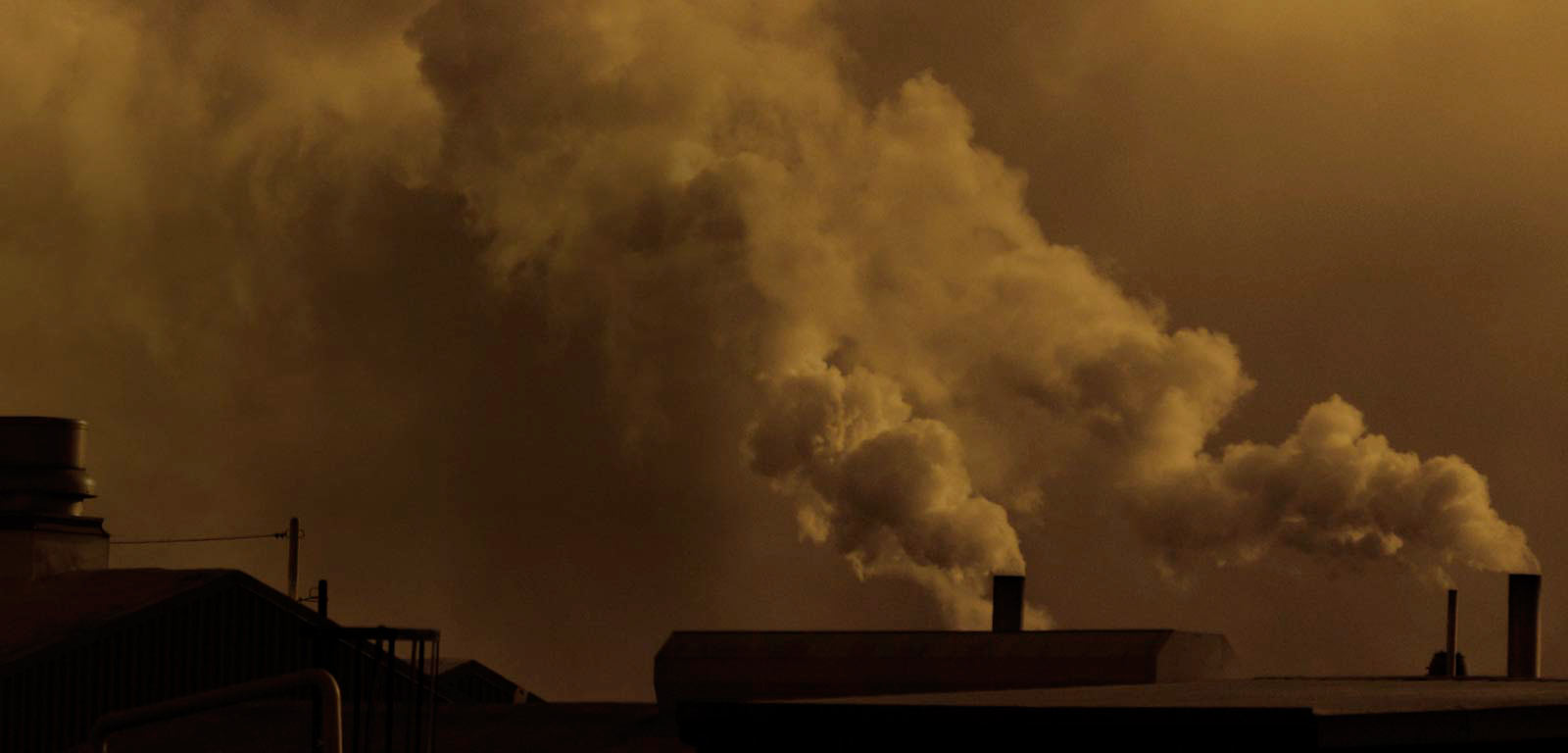Subject
Advanced Instrumental Analysis
General details of the subject
- Mode
- Face-to-face degree course
- Language
- English
Description and contextualization of the subject
The most outstanding instrumental methods for trace analysis in environmental samples using mass spectrometry will be provided. Essentially, the basic concepts and applications of mass spectrometry for elemental and molecular analysis and liquid chromatography and gas chromatography will be covered.Objectives
Provide exposure to the most outstanding instrumental methods for trace analysis in environmental samples.
Goals
At the end of the Unit, you must:
1. Understand the basic concepts of mass spectrometry.
2. Be able to design the steps and requirements of an instrumental analysis method to meet quality requirements.
3. Understand the basic concepts of advanced chromatographic methods.
Teaching staff
| Name | Institution | Category | Doctor | Teaching profile | Area | |
|---|---|---|---|---|---|---|
| ARANA MOMOITIO, GORKA | University of the Basque Country | Profesorado Catedratico De Universidad | Doctor | Bilingual | Analytical Chemistry | gorka.arana@ehu.eus |
| ZULOAGA ZUBIETA, OLATZ | University of the Basque Country | Profesorado Catedratico De Universidad | Doctor | Bilingual | Analytical Chemistry | olatz.zuloaga@ehu.eus |
Competencies
| Name | Weight |
|---|---|
| That the student is capable of designing and developing advanced methods of instrumental analysis using mass spectrometry. | 40.0 % |
| That the student is capable of developing chromatographic methods for the analysis of organic micro-polluting agents. | 30.0 % |
| That the student is able to apply mass spectroscopy to environmental analysis. | 30.0 % |
Study types
| Type | Face-to-face hours | Non face-to-face hours | Total hours |
|---|---|---|---|
| Lecture-based | 20 | 30 | 50 |
| Seminar | 5 | 8 | 13 |
| Applied classroom-based groups | 5 | 7 | 12 |
| Applied laboratory-based groups | 10 | 15 | 25 |
Training activities
| Name | Hours | Percentage of classroom teaching |
|---|---|---|
| Evaluation | 4.0 | 100 % |
| Expositive classes | 20.0 | 100 % |
| Individual work and/or group work | 76.0 | 21 % |
Assessment systems
| Name | Minimum weighting | Maximum weighting |
|---|---|---|
| Works and projects | 60.0 % | 60.0 % |
| Written examination | 40.0 % | 40.0 % |
Learning outcomes of the subject
At the end of this Unit, you should understand:The key points of an instrumental method of trace analysis using mass spectrometry.
Good analytical practices.
Ordinary call: orientations and renunciation
60% continuous evaluation40% Written exam
It will be necessary to obtain at least a 4 in each of the sections
In the event that the sanitary conditions prevent the realization of a face-to-face evaluation, a non-face-to-face evaluation will be activated, of which the students will be informed promptly.
Extraordinary call: orientations and renunciation
100% Written ExamIn the event that the sanitary conditions prevent the realization of a face-to-face evaluation, a non-face-to-face evaluation will be activated, of which the students will be informed promptly
Temary
Topics covered include:* Basics on mass spectrometry
* ICP-MS methods for elemental trace analysis. Isotopic dilution method.
* Analysis of micro-organic contaminants by liquid or gas chromatography couples to mass spectrometry
Bibliography
Basic bibliography
- E. Hoffmann. 2008. Mass spectrometry: principles and applications, John Wiley & Sons, Chichester, UK.- V.R. Meyer. 2010. Practical high-performance liquid chromatography. John Wiley & Sons, Chichester, UK.
- D. Rood. 2007. The troubleshooting and maintenance guide for gas chromatographers. Wiley-VCH, Weinheim, Germany
- S. Mitra (Ed.). 2003. Sample preparation techniques in analytical chemistry. Wiley-Interscience, Hoboken, New Jersey


